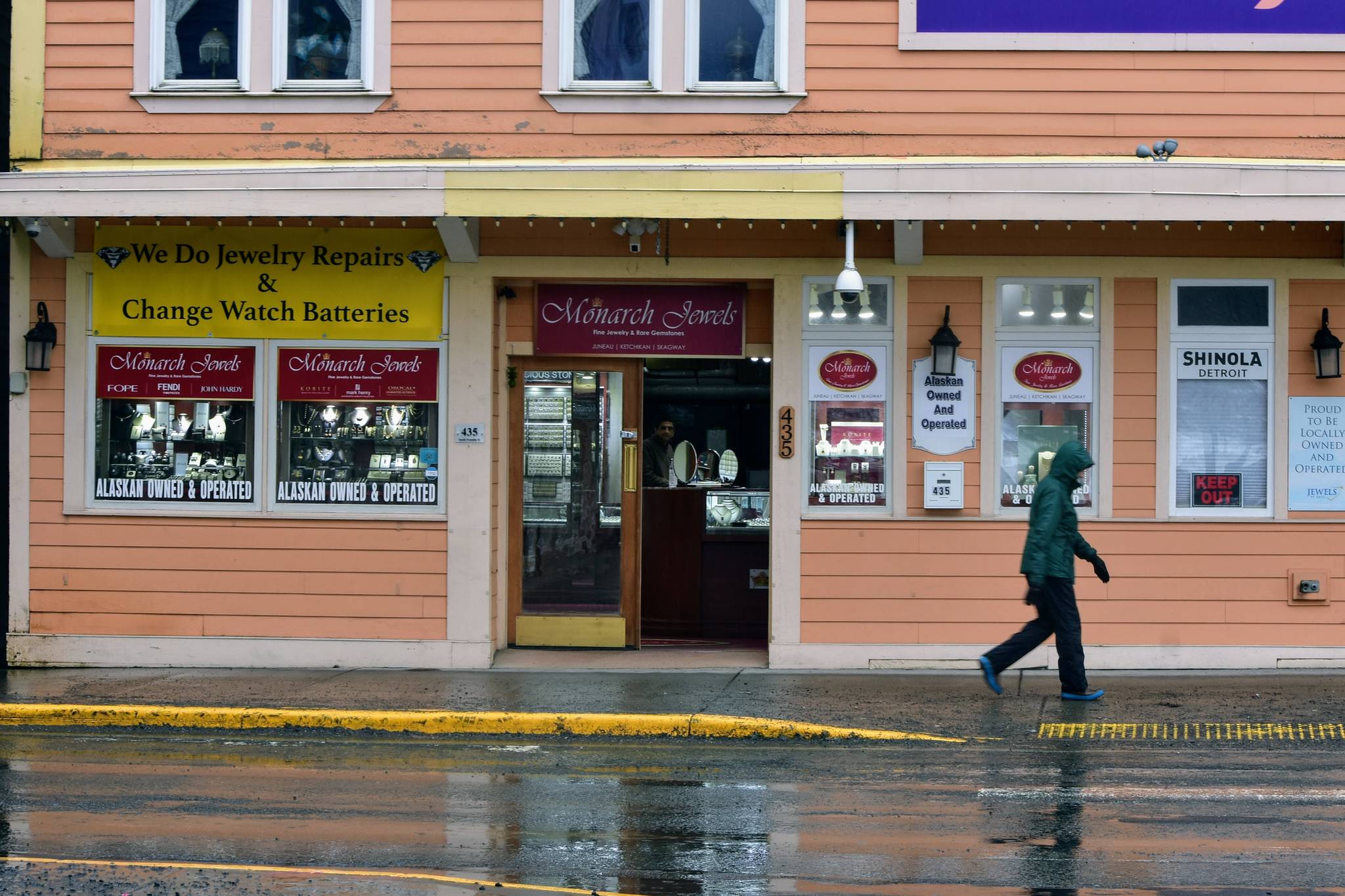By Rich Moniak
During the summer before last, the only time I’d consider going anywhere near downtown Juneau was when there were no more than two large cruise ships in port. Otherwise, I’d feel overwhelmed by the number of tourists. I can’t imagine what it’s like living there and enduring much larger crowds six or seven days a week all summer long.
That said, I don’t support the three initiatives proposed to place limits on the cruise ship industry.
My main objection is about the timing. It’s insensitive to the business owners across the community hit hard by the industry shutdown caused by the COVID-19 pandemic.
But I’m also unimpressed by references to direct democracy because it doesn’t necessarily equate to informed consent. Juneau voters need be given the opportunity to study and digest all the relevant facts of the initiatives. And that’s not the case here.
The unfortunate facts begin with Juneau’s economy being too dependent on the tourism industry. And the estimated 1.3 million cruise ship passengers accounted for more than 90 percent of the visitors who arrived here in 2019.
According to Win Gruening, the initiative that would ban all ships over 100 tons could reduce that number by over a million. “Based on historical passenger spending patterns” he wrote, “that translates to an annual loss of $162 million to Juneau businesses.”
[Opinion: The $162M consequences of the cruise ship petitions]
I’ve done cursory research on the size and passenger capacity of the ships that come here. His estimate appears to be accurate. If so, that would have a very serious negative impact on the community’s economic health.
Tourism wasn’t always vital to Juneau’s economy. Back in 1974, government was its anchor. It accounted for about half of the total employment and indirectly provided a stable source of income for almost every business in town.
But 57% of Alaskan voters decided a new capital city should be built closer to the state’s largest cities. Two year later they choose Willow, a village with fewer than 100 residents 70 miles north of Anchorage. The Legislature was directed to appropriate sufficient funding to ensure relocation of state offices could begin by Oct. 1, 1980.
Needless to say, the vast majority of Juneau residents opposed the capital move. The exodus of government jobs would devastate the real estate market and local businesses. Whole buildings would be vacated. Homeowner property values would plummet.
But none of the mattered to the majority of voters who believed the capital should be closer to Alaska’s largest city. Until, courtesy of the FRANK initiative, they saw how much it would cost.
FRANK stands for Frustrated Responsible Alaskans Needing Knowledge. Its sponsors asked that all costs “be approved by a majority of voters prior to the expenditure of state money to relocate the capital.” It was to include everything to build the new city and move personnel and offices to it, as well as the “social, economic and environmental impact” it would have on the residents left behind in Juneau.
Voters approved it by a 12-point margin in 1978. And in 1982, they decided the $2.8 billion price tag ($7.8 billion in today’s dollars) was too much for a new capital.
The story didn’t end there. In 1994, a new FRANK initiative garnered 74% of the vote and a proposal to move the capital to Wasilla was defeated.
I’m not suggesting that the proposed limitations on cruise ships would be as devastating as a capital move. Or that their non-monetary benefits aren’t important.
Rather, the lesson from the capital move proposals is for voters to make informed decisions about limiting cruise ship traffic in Juneau, they need an independent assessment of the financial impact to local business owners, the reduced sales tax revenue to the city, and the economic effects downstream. It should also include the social and environmental impacts to downtown neighborhoods and across the borough of not taking any action to limit the growth in the number of cruise ship visitors.
There’s nothing in the city’s charter that requires petitioners to provide such a study. And it’s unreasonable to expect them to design and pay for it. But without one, we’re likely to have an emotionally driven campaign dominated by accusations of misinformation from both sides. That won’t be good for Juneau. Or for our already battered trust in democracy.
• Rich Moniak is a Juneau resident and retired civil engineer with more than 25 years of experience working in the public sector. Columns, My Turns and Letters to the Editor represent the view of the author, not the view of the Juneau Empire. Have something to say? Here’s how to submit a My Turn or letter.

